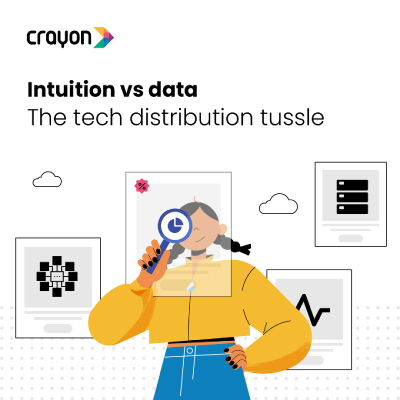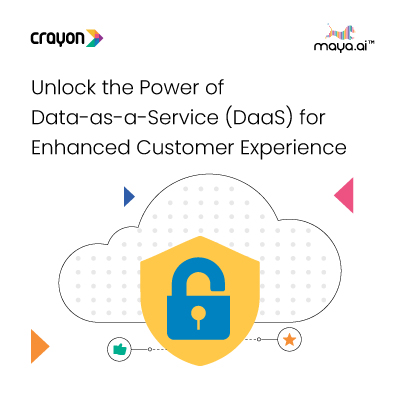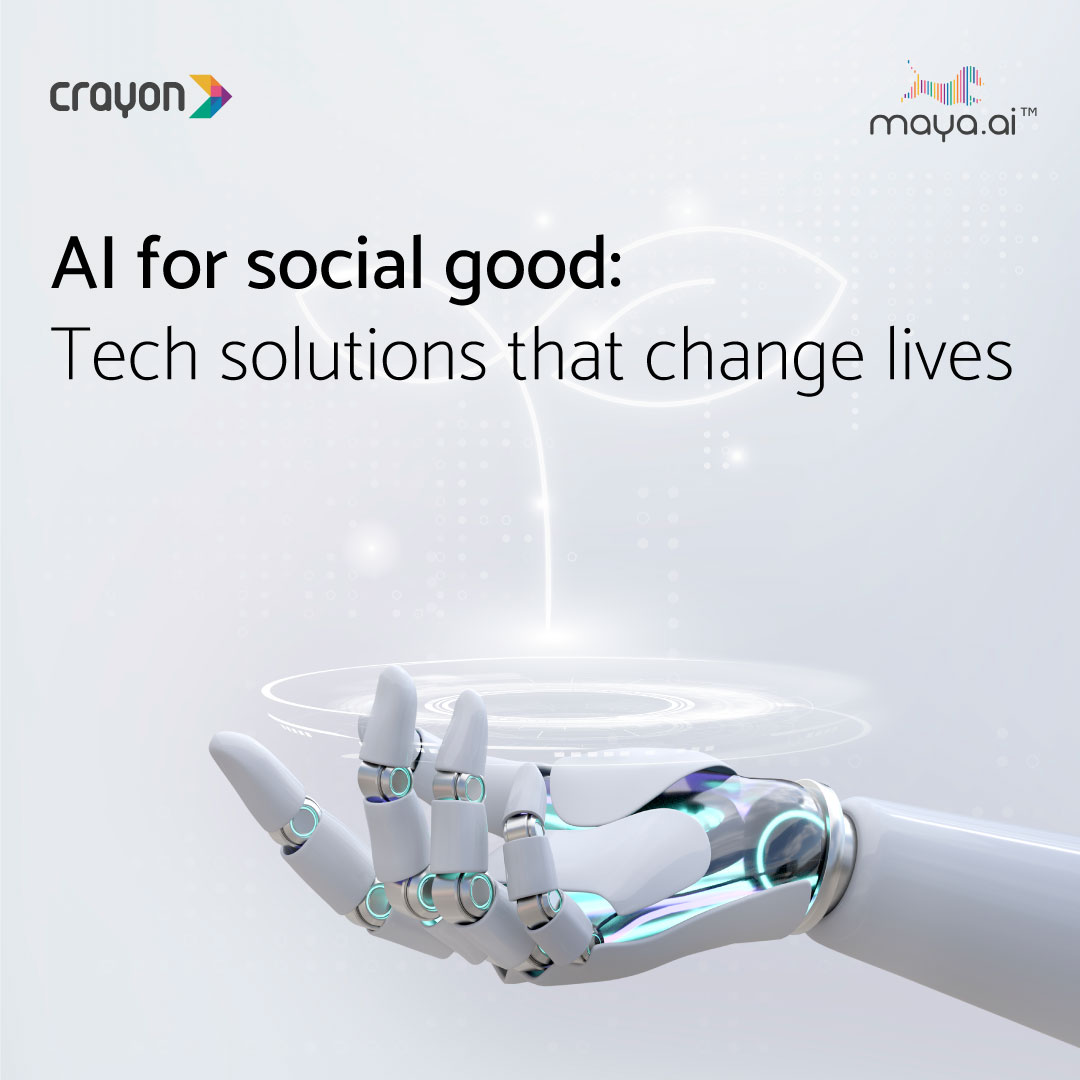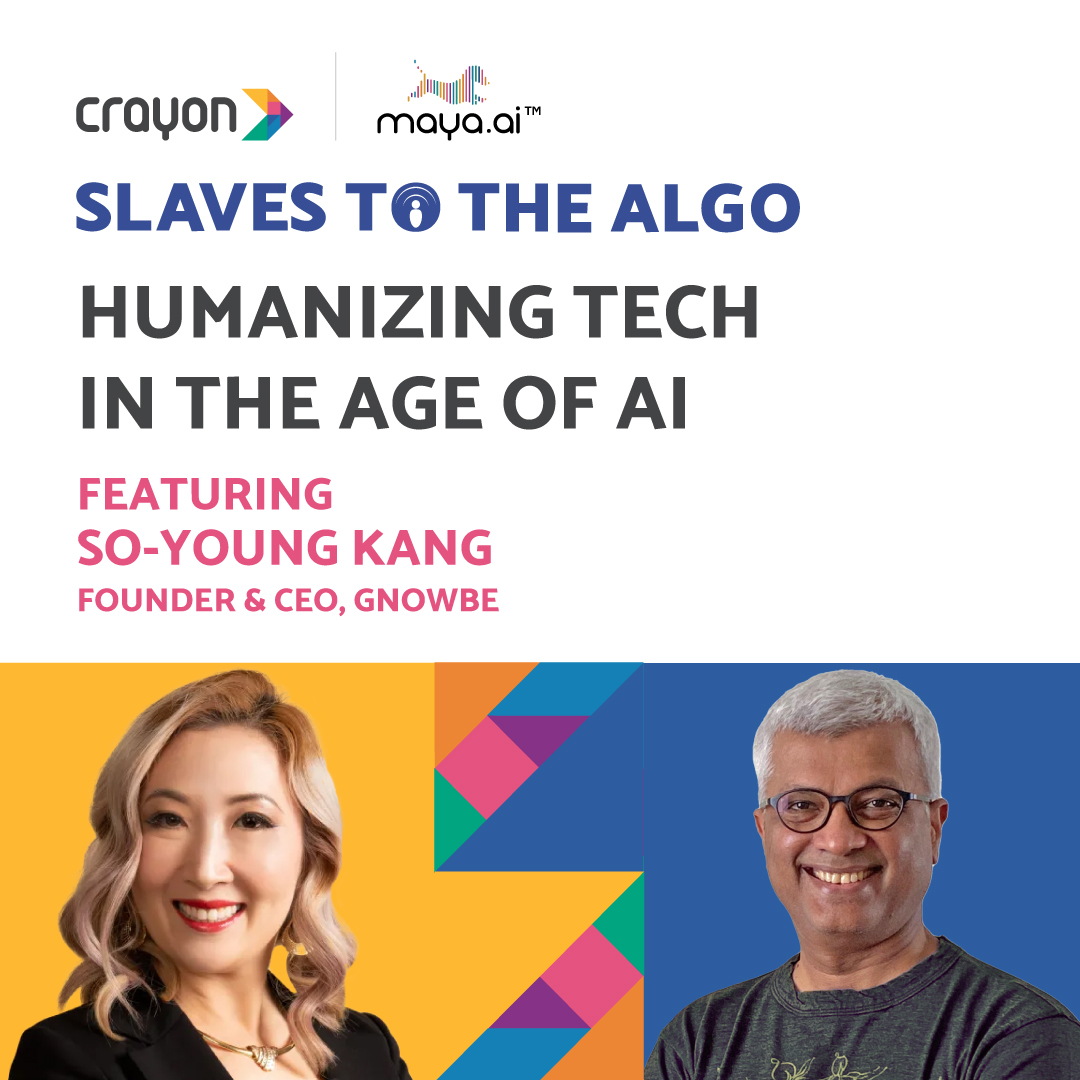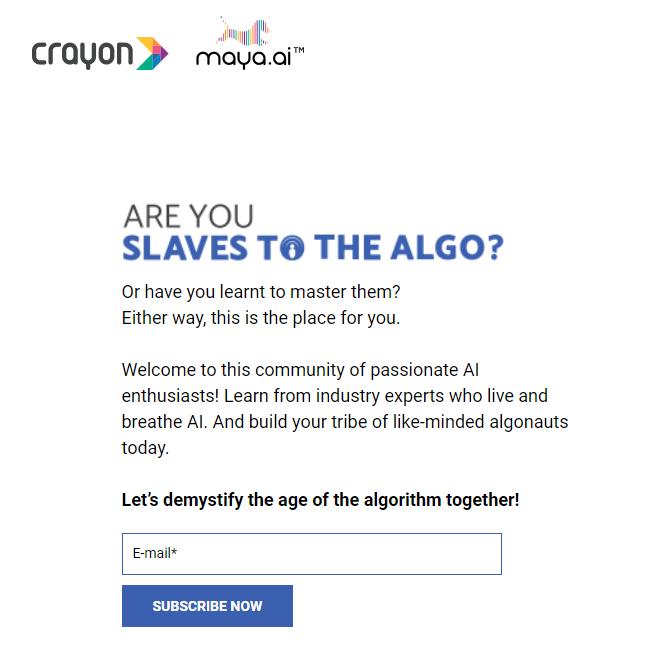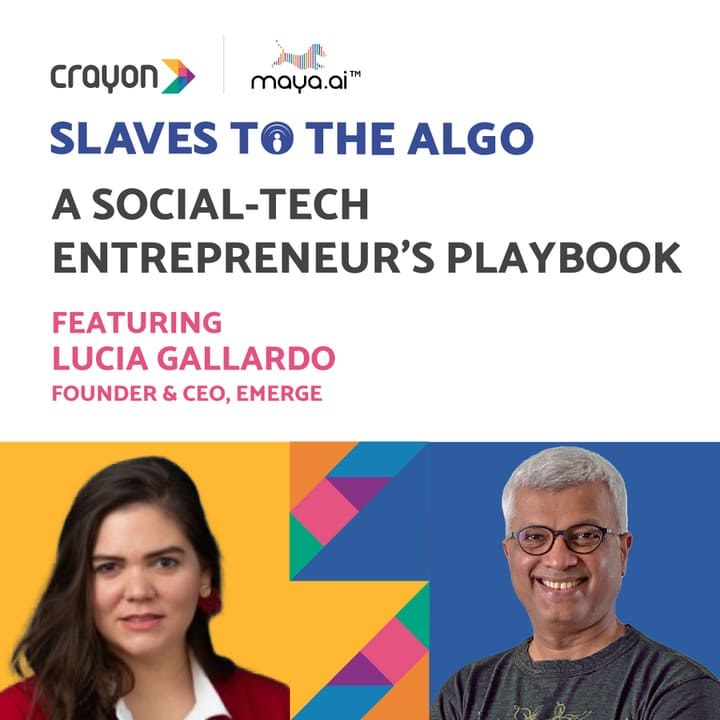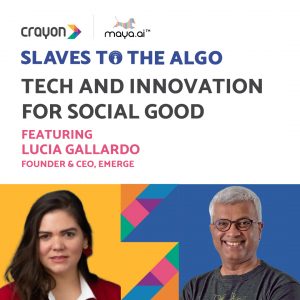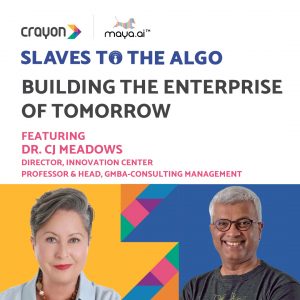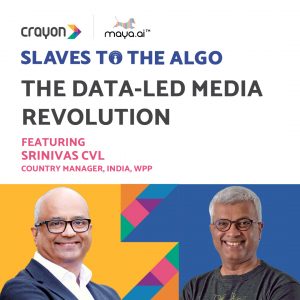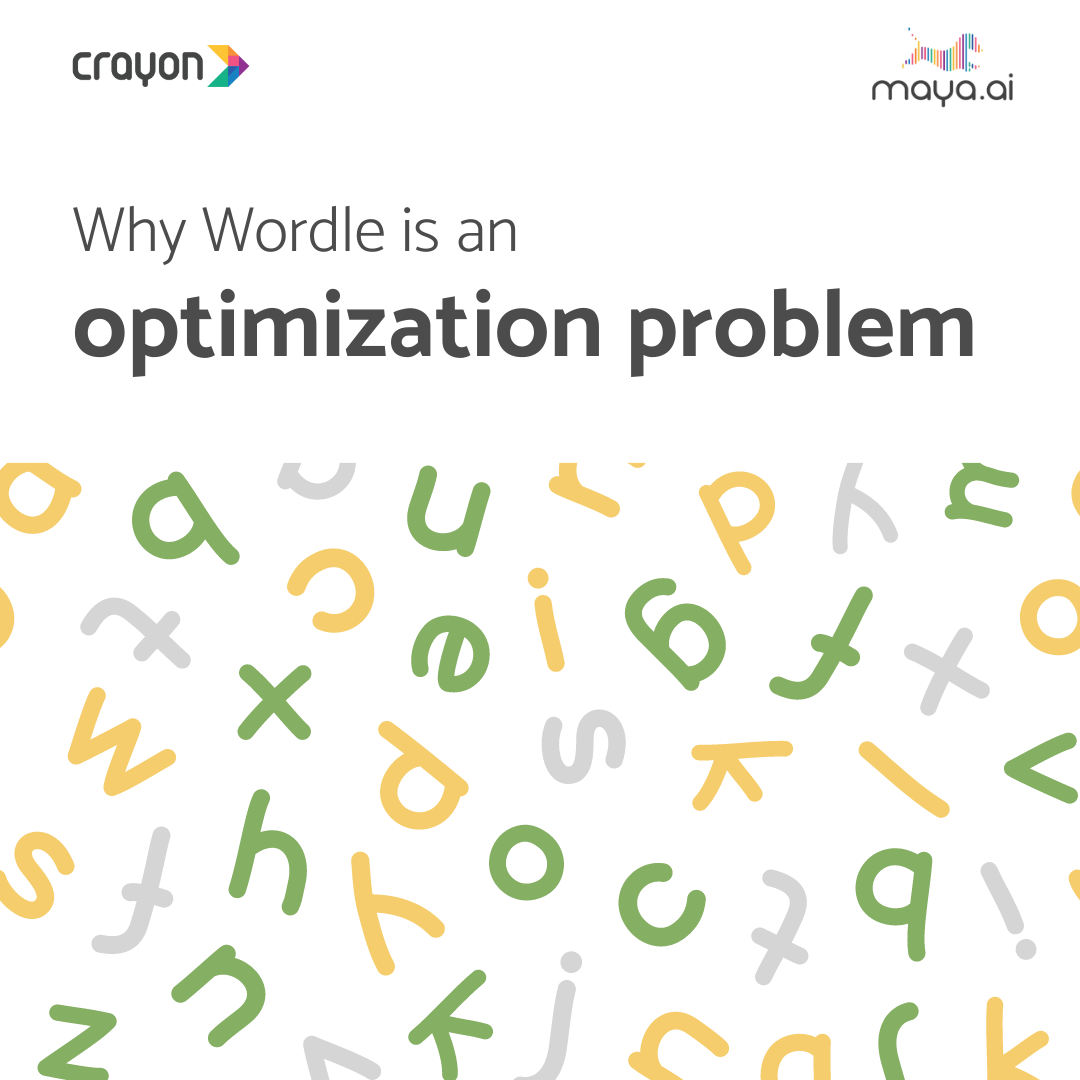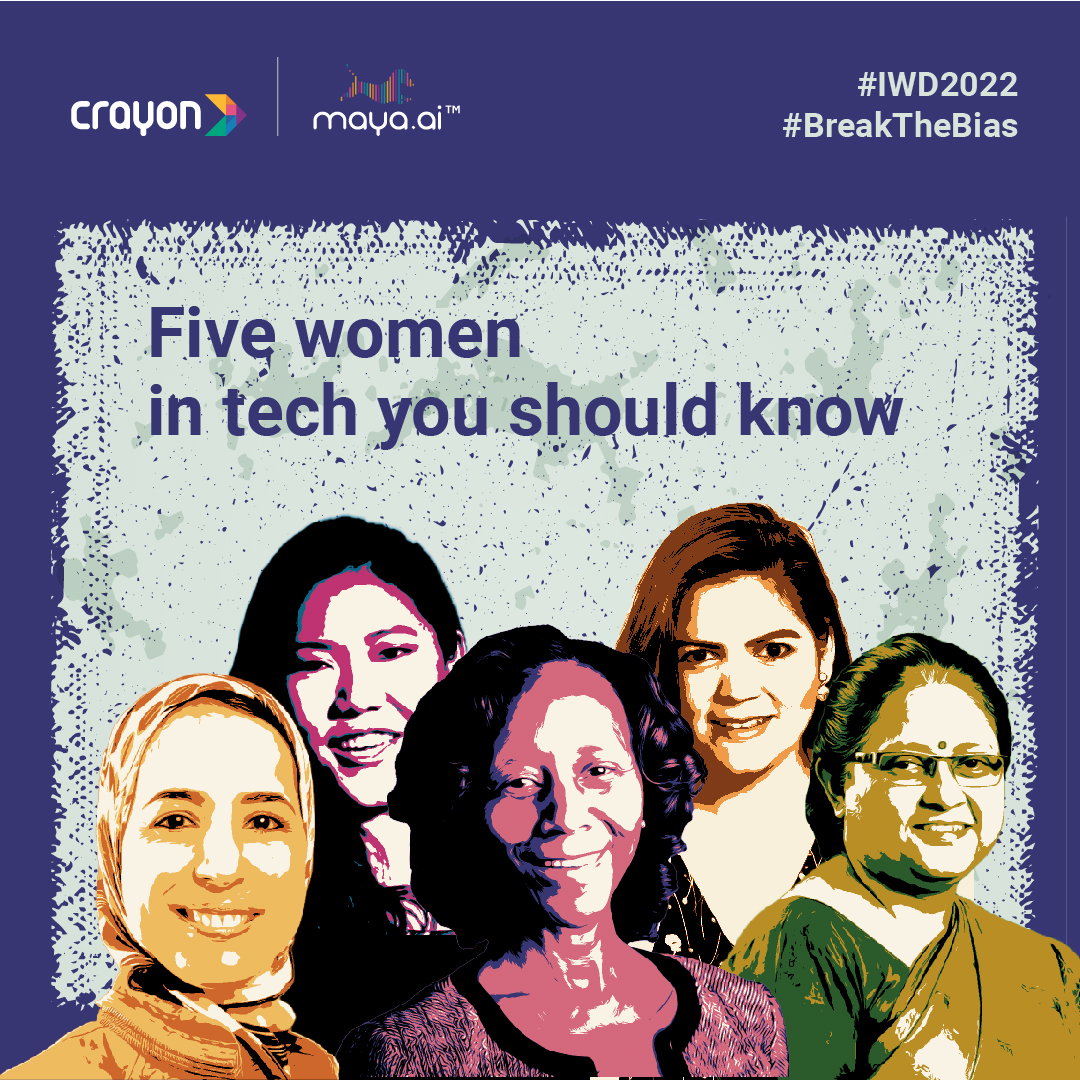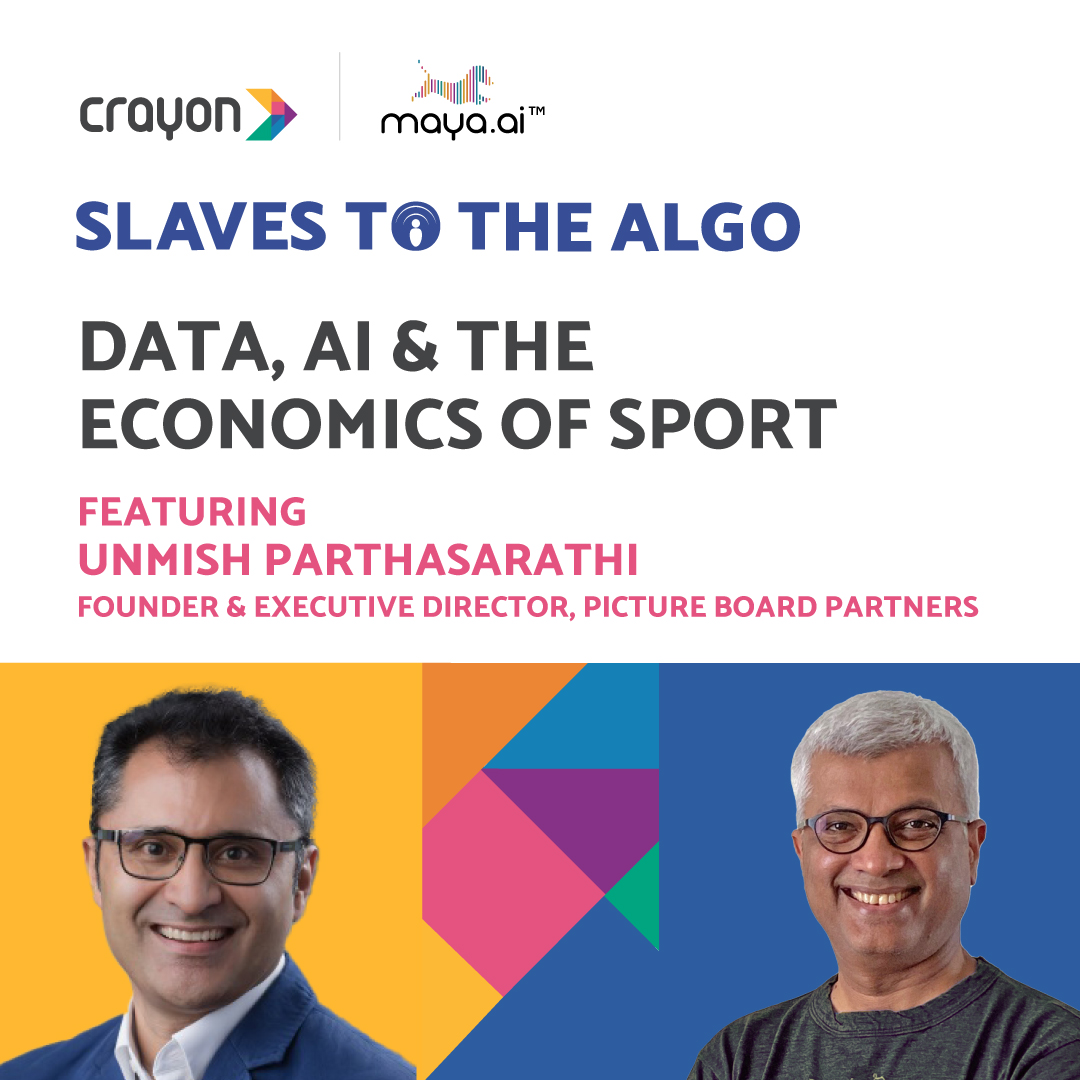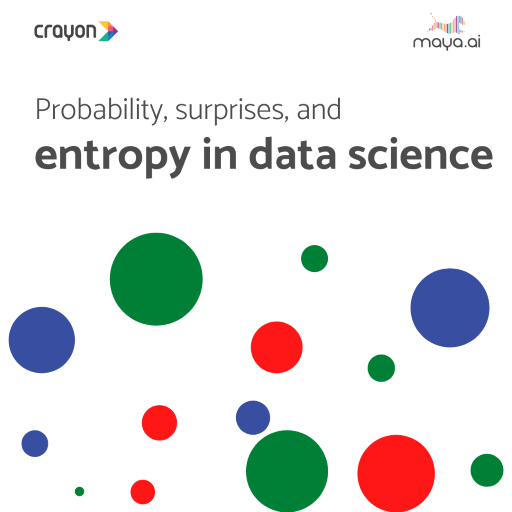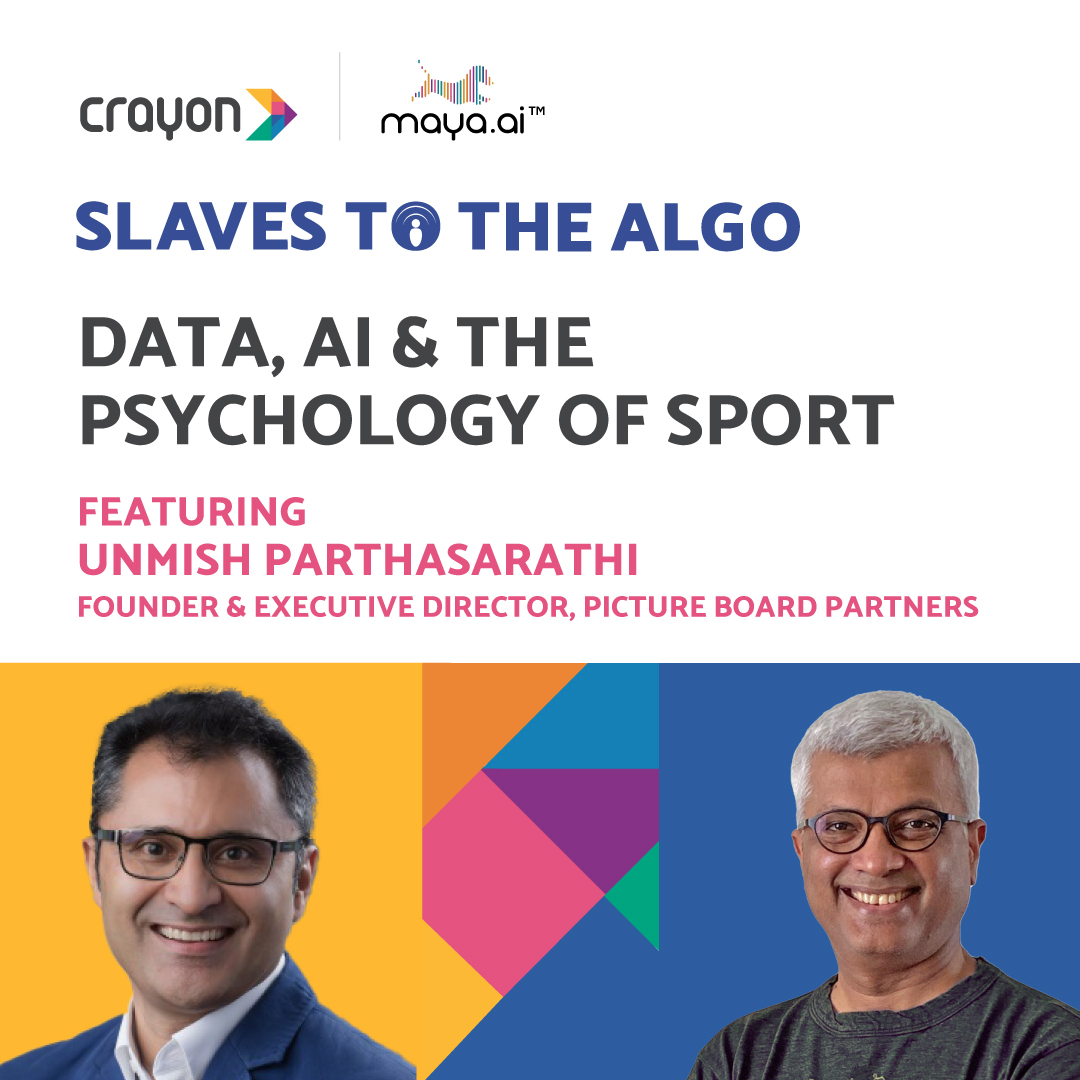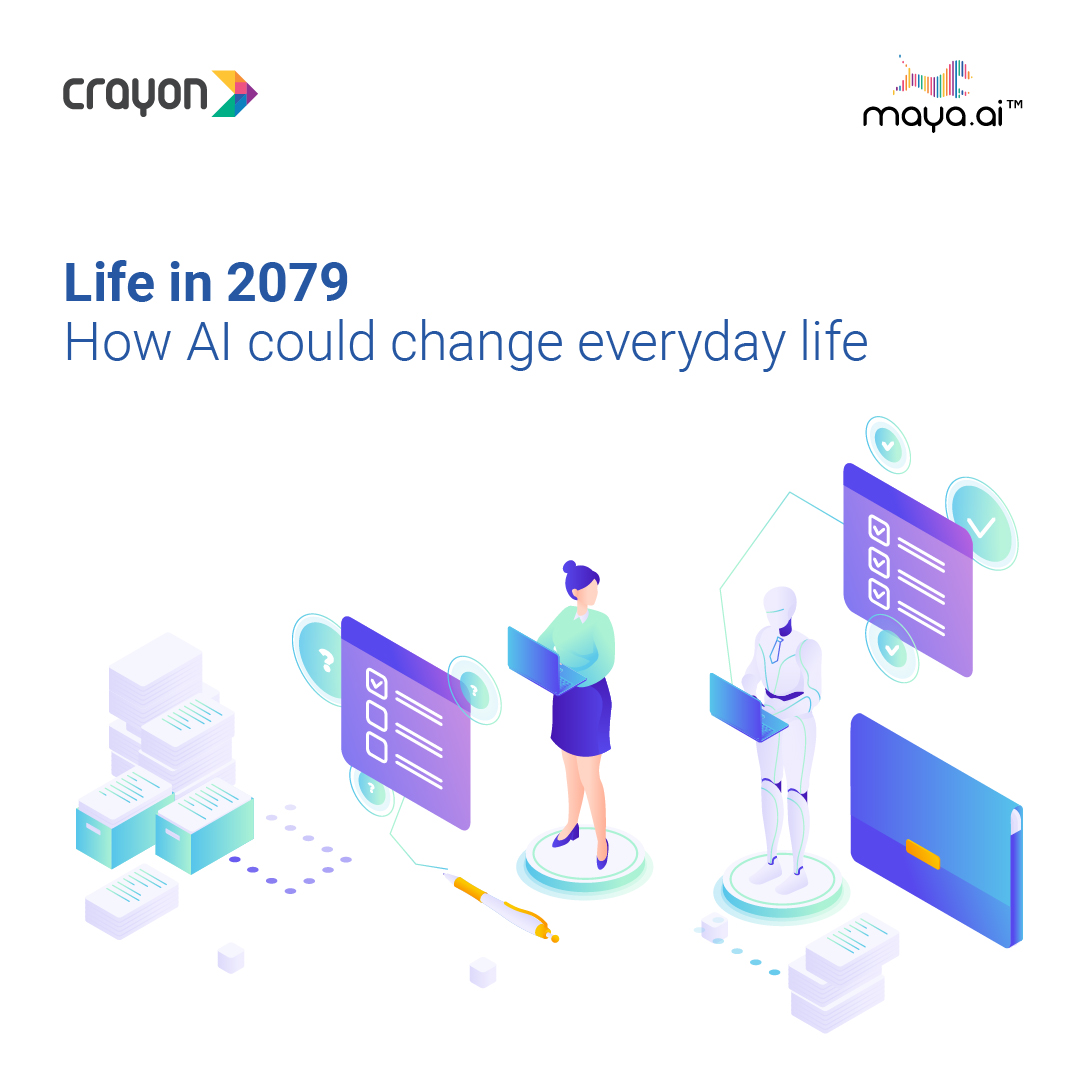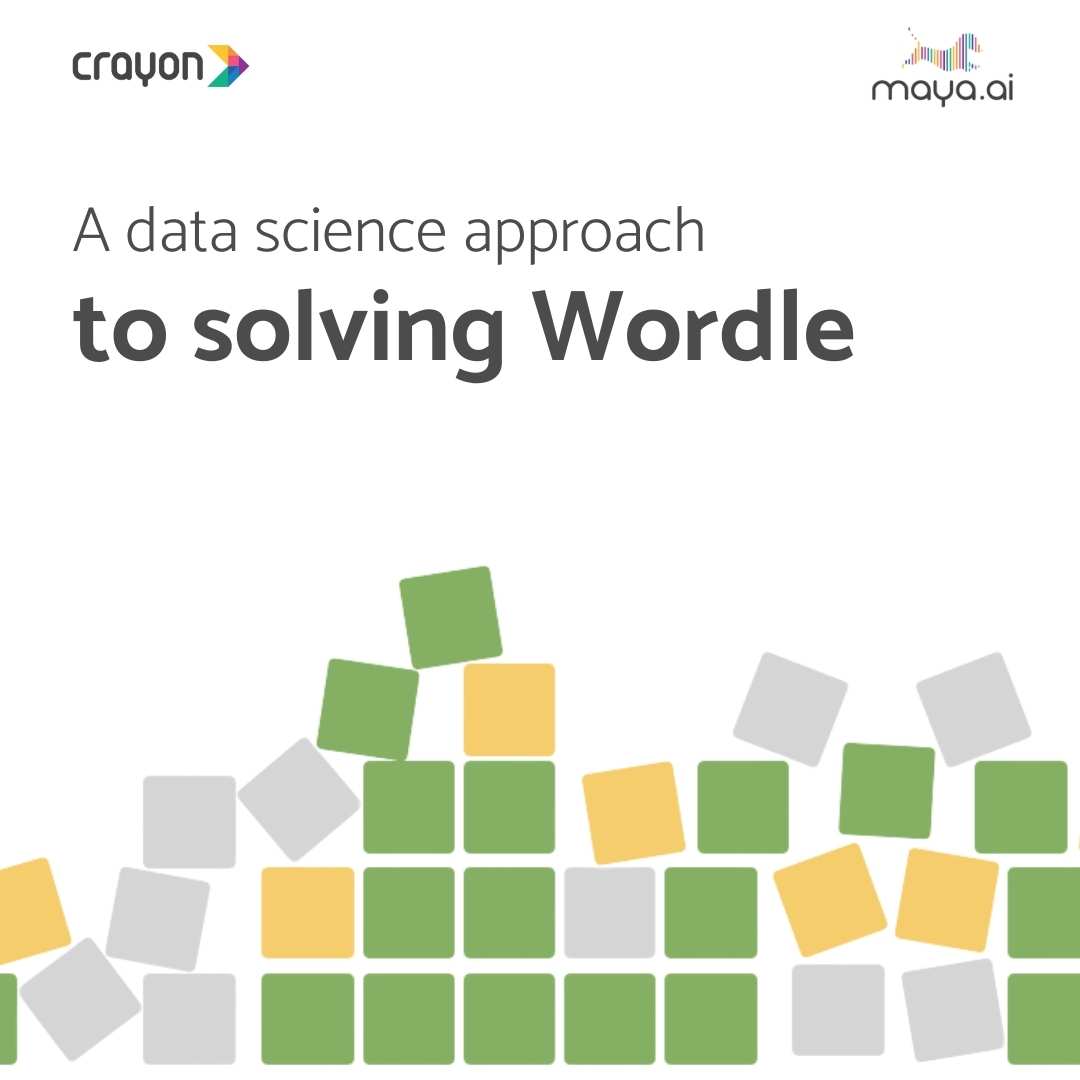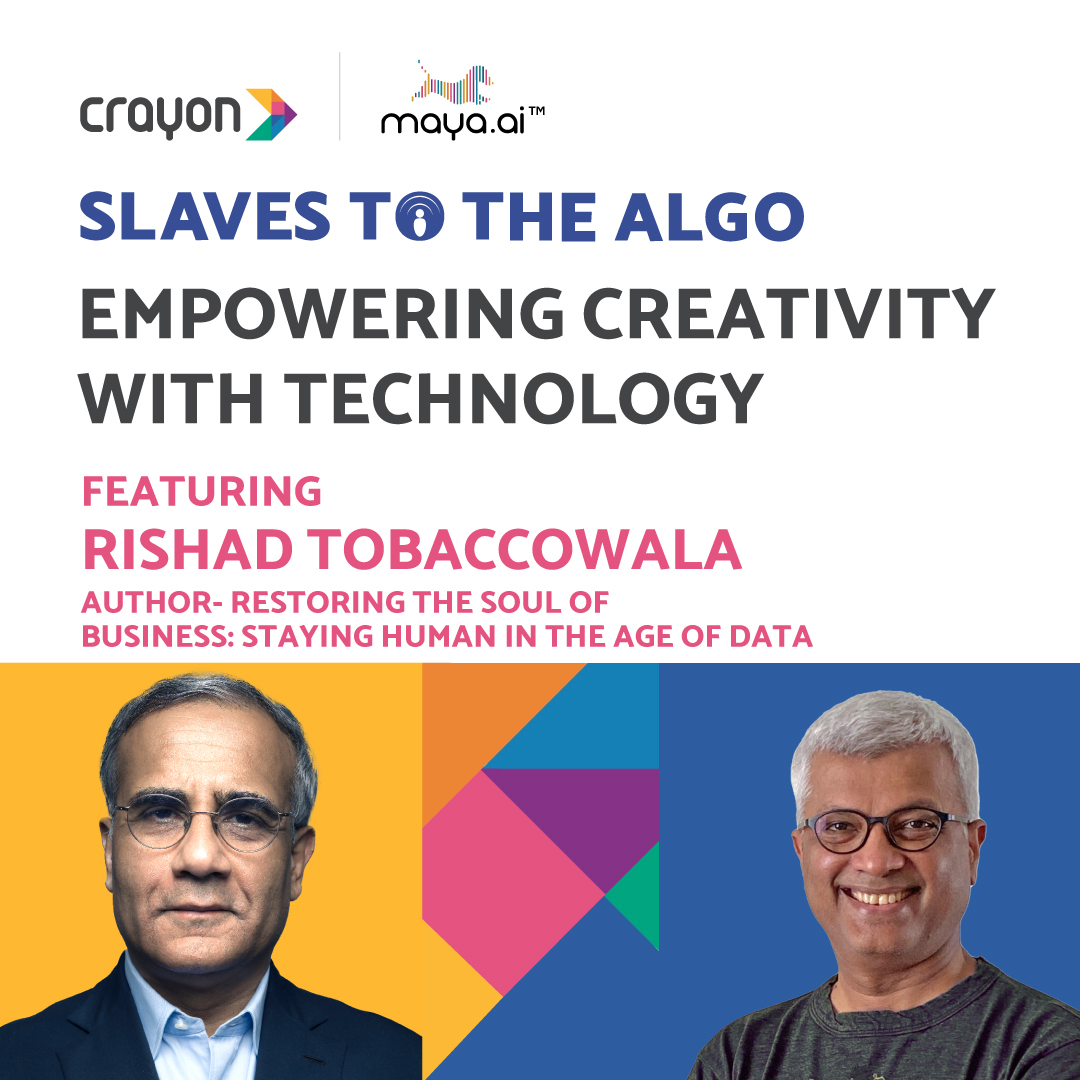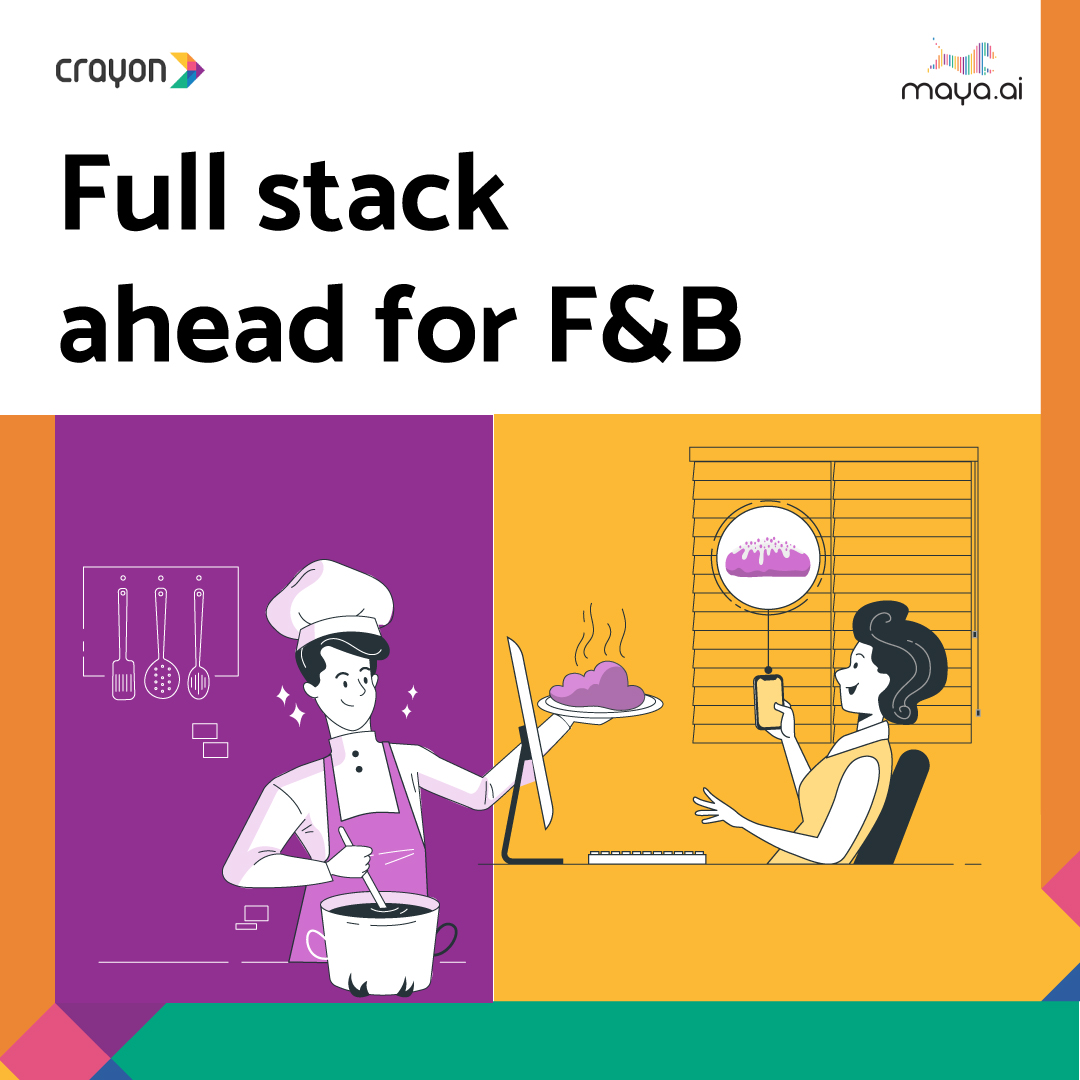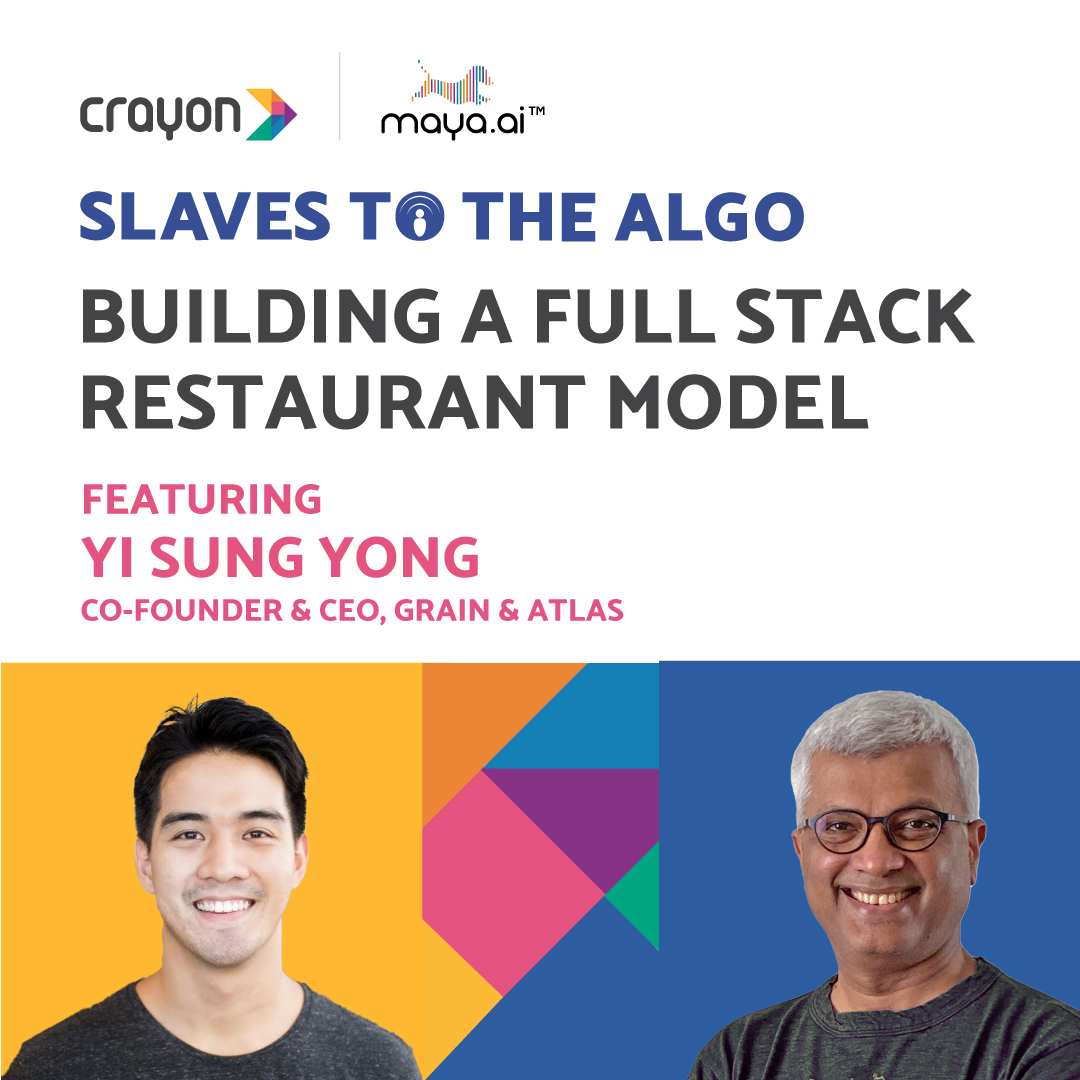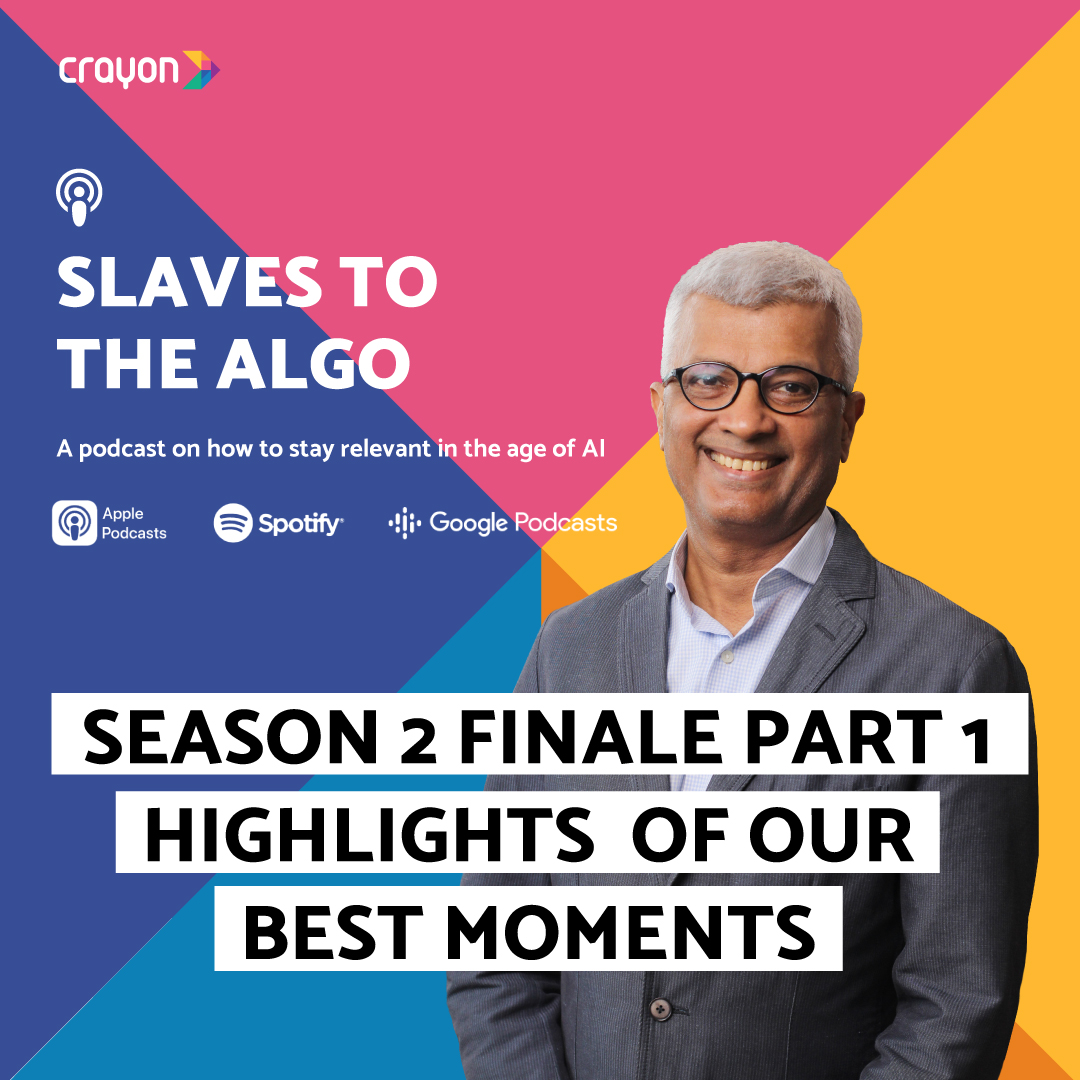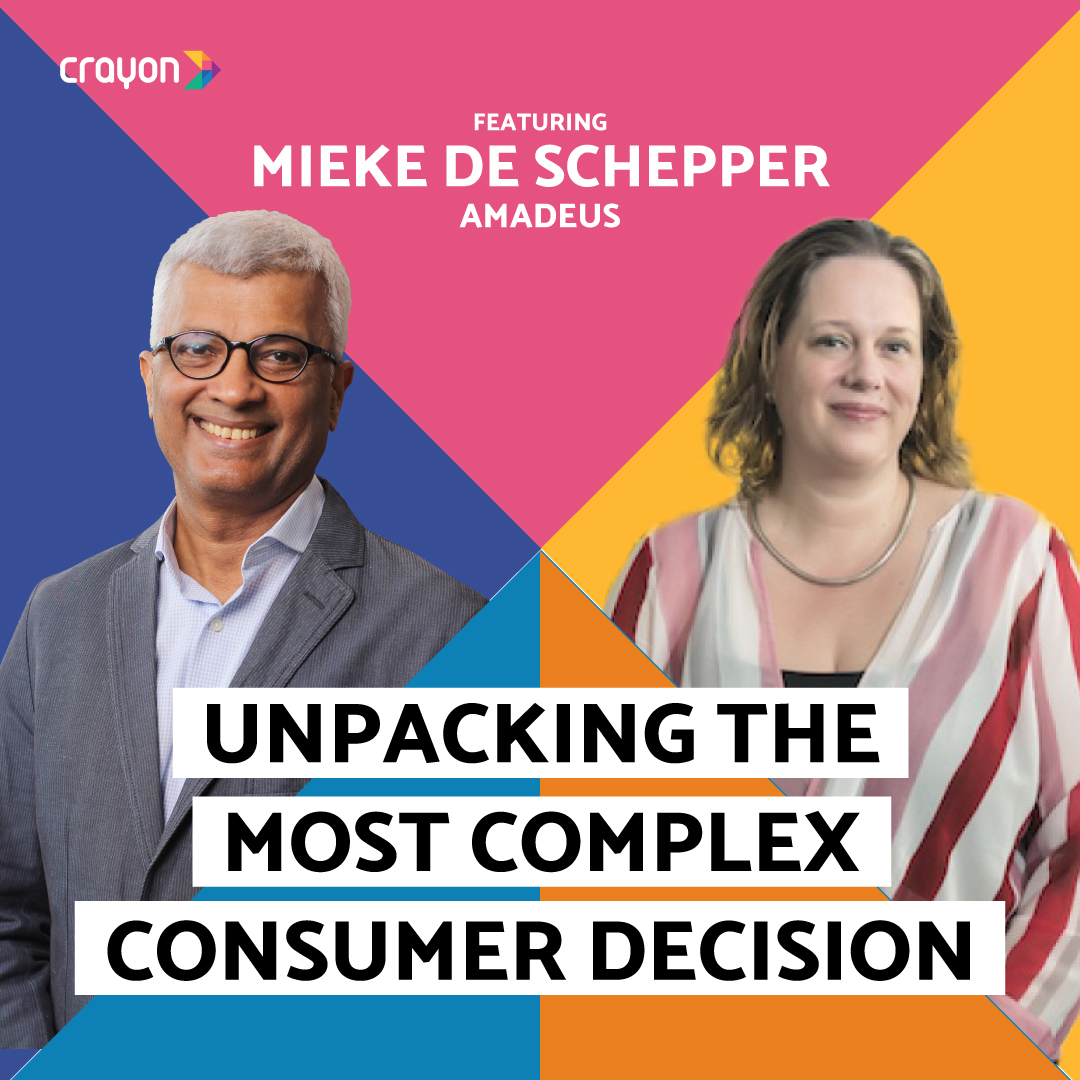In this season of Slaves to the Algo, podcast host and AI evangelist Suresh Shankar connected with different leaders from digital marketing to EdTech to healthcare to travel. They discussed how AI has transformed and is continuing to transform their industries, their professional and their personal lives, too. This finale episode brings the top moments from this season, in 2 parts.
About Slaves to the Algo
Whether we know it or not, like it or not, our lives have been taken over by algorithms. Join two-time entrepreneur and AI evangelist Suresh Shankar, as he talks to leading experts in various fields to understand how they are using or being used by algorithms in their personal and professional lives. Each episode highlights how businesses can leverage the power of data in their strategy to stay relevant in this new age of AI. Slaves to the Algo is brought to you by Crayon Data, a Singapore-based AI and big-data startup.
Suresh Shankar is the founder and CEO of Crayon Data, a leading AI and big data start-up based in Singapore. Crayon Data’s flagship platform, maya.ai, is the AI platform powering the age of relevance.
How to listen to our podcast
Apple Podcasts
Spotify
Google Podcasts
YouTube
Full Transcript of S2EP10 below:
Suresh Shankar: [00:00:00] Hello, viewers and listeners. Welcome to part two of the finale of season two of Slaves to the Algo. When I started this podcast last year, the idea was to demystify the age of the algorithm. This season, I connected with different leaders from digital marketing to ed tech, to healthcare, to travel to. We discussed how AI has transformed and is continuing to transform industries professional and personal lives.
Last week, I put together a compilation of some of my favorite moments from the first four episodes. Today. We’re going to see more thoughts, ideas, trends, and innovation shared by my guests on season. Let’s begin.
In episode five, I talked to Sandeep Reddy, doctor, medical infomatician, AI specialist, and founder of Medi AI.
Sandeep and I discussed many examples of how AI and big data are rapidly tracked as the face of healthcare. Right? One of the interesting things he said to me, artificial intelligence creates a bit of consternation and anxiety among people in the context of that. I like the term augmented intelligence.
It’s non-scary and non-threatening. Here’s Sandeep on augmented intelligence.
Sandeep Reddy: [00:01:21] Yeah, it’s a very good point that you raised there. Uh, the American medical association uses a term called augmented intelligence. I think that artificial intelligence kind of creates a bit of a consternation anxiety amongst people.
I like the term augmented intelligence. It’s non-scary non-threatening it? What it means is that it is enhancing patient care and answering clinical care. And it also means that there is that level of collaboration between human clinicians and the AI aspects. And I think that’s really the attitude and the kind of approach we should adopt and also portray in terms of how AI can be integrated into clinical care.
I always believe that has to be in human oversight, no matter how powerful the AI is. Even if we move from narrow AI to general purpose AI or a strong AI. They still need that human oversight. That one is not just because, uh, we need that, uh, uh, assurance from, uh, um, uh, assurance for patients that that is a human oversight, but it also important that human , that terms of empathy in terms of care, that in world, and they are consulted in that whole package, we don’t want to kind of ring fence the AI care from the human.
So it’s really important to integrate that. I think that’s the way to approach things.
Suresh Shankar: [00:02:40] Two of my guests, Gillian Docherty of The Data Lab and Sandeep Reddy of Medi AI, both work at the intersection of AI and healthcare. They spoke about how there’s a movement around creating continuous health care models, using data and AI.
Here’s what they each had to share about their experiences.
Gillian Docherty: [00:02:59] Yeah, I think, I think there’s, there’s a huge movement around that health and wellbeing. Um, an integrated data. So data from either devices, your smartwatch, you use, uh, other, uh, expedience and how you’re feeling and how that is integrated with what traditionally has been siloed.
Uh, healthcare data from your doctors and your clinicians, uh, and actually a more holistic view of the individual is much more powerful. And you also feel much more, less than to actually we can spot different patterns of how people are coping with treatment that will hopefully lead to improve improvement, improved treatment pathways
Sandeep Reddy: [00:03:41] in the future. ?
Because what happens is currently the way clinical care or medical care is delivered is very episodic. . You go to a doctor or you spend 15, 20 minutes with the doctor and then you’re out and you lose that connection between the doctor or the healthcare provider. What we should be looking is this continuous
Suresh Shankar: [00:03:59] in episode six, I spoke to Mieke De Schepper managing director and executive vice-president of Amadeus, a company that uses technology to underpin every part of the travel industry from employing operations to enhancing hospitality. Mieke had a lot of great thoughts to share the moment that caught my attention on a mobile phone you basically have five results that matter, and it’s pretty important for an Expedia or an Amadeus to make sure you provide the right five to each individual person. This is a perfect example of how companies are competing for the scarcest assets on the planet, your time and attention.
Mieke De Schepper: [00:04:41] Most consumers don’t go behind it after the first page.
And it took the first page, which would mean that you actually are looking on a computer, which most people don’t do. They’re on a mobile phone. So in the mobile phone, you basically have five results that matter. And it’s pretty important for an Expedia or when we enable a seven days search to make sure that you provide the right five there, because typically for flights , as Amadeus , our traditional search results returned 200 flight results, but in reality, people want to see five and those need to be the most relevant. And then, so how do you do. And that’s really where data comes in and AI comes in on really fine tuning and understanding how to make sure that you have the right five so people actually convert.
Suresh Shankar: [00:05:24] I also chatted with fellow podcaster, Greg Palmer, vice president of the Finovate group. We discussed some of the major trends and innovations in FinTech, and there are many fascinating moments. We talked about bias in AI and how lending decisions are skewed towards the status school. What I found interesting was his contrarian view.
That the current lending model is actually dystopian. That the assessment of creditworthiness is fundamentally flawed and that AI can make strides to solving this problem and making credit more widely available.
Greg Palmer: [00:05:57] So I think, uh, I’ll, I’ll start by saying, I think we’re already in a dystopian lending situation.
I think that the situations that we have and the way that we look at credit worthiness is fundamentally flawed and it’s archaic. It’s based on things which don’t have a huge amount of relevance. If you look at credit scoring, As trying to answer this simple question, will you pay us back? And that’s really what it is.
It’s, it’s trying to answer this basic question. Will you pay us back? And I think if you look at the system that we have in place and you look at, you know, recent history, it’s not too hard to say that we do a really pretty bad job of, of anticipating who’s going to pay us back. Right? This is, and we sort of just accept this.
We accept this risk that exists here. We accept that, you know, We can do the best we can, but we still know there’s going to be X number of defaults. And we build that in to all of the models and everything like that. And I think this is where it gets really difficult for, for banks to move beyond that because you know, that knowing a system is broken is one thing, replacing it with a system that’s better is another thing altogether
Suresh Shankar: [00:07:07] last, but certainly not the least.
I chatted with Peng Ong , four time entrepreneur, a true visionary and technical. And the managing director and co-founder of Monk’s Hill Ventures. It’s no surprise. Peng has a lot of great stories and anecdotes to share based on his experience as founding four, very different yet highly successful companies.
One of my favorite moments was when he said, if there’s a theme, I like to run through all my companies, including Monk’s Hill . It is, what’s the ridiculous state of the world that I’m trying to fix. What a wonderful question.
Peng Ong: [00:07:42] That’s a theme. I run through all my companies, including, uh, Monk’s Hill is, uh, what’s the ridiculous state of the world I’m trying to fix.
Why, why, how does my existence address the state of the world? Their thing is kind of soup to nuts, right? Uh, so in the case of a match, a match. Match’s parent’s company was actually called electric classifieds. It wasn’t just dating. So it was, how do you find something to buy or sell online or transact online?
Uh, as opposed to newspapers? Um, so the, the, the previously, if you wanted to find something, your, your fingers got ink on it, right? Because you’re looking at your finger doing the walking through the classified ads. This means no sense of, oh, you know, how many S can you read per minute? Right? It’s not that many
Suresh Shankar: [00:08:43] Peng is not just a venture capitalist. He’s the founder of one of the original algorithmic companies. The dating site Match.com. Peng is often asked what makes these platforms work. He believes that the data you share can be very effective in bringing you closer to a match and he shares some wonderful dating and algorithmic wisdom. Opposites might attract. But it is the similarities that sustain.
Peng Ong: [00:09:10] Uh, I, to be honest, I haven’t been, uh, following the dating business that much. Um, but once I’ve seen and you can imagine having founded masher com anyone doing it. Dating company ends up finding themselves my door doorstep, but, um, uh, a lot of it is just people having different spins on how the matchup happens, right?
Some, some going dinners, lunches, you know, uh, some is just an initial conversation online, et cetera. So, so it’s not about the algorithm. Uh, it’s about letting humans discover, um, What works with them. Right. Um, so a lot of it is not about trying to get massive, uh, matches, but, but there is some level of efficiency in, in dating programs, which is why they’re so successful.
It’s very simple. If you walk into a room with a a hundred people, and even if your ideal matches there, the chances are, you might not. Meet him or her and have a chance to talk to him or her lead low and get the sick, the first data, et cetera for me. Um, because it’s one in a hundred is very difficult for you to find one in a hundred.
Uh, when you have an hour or two at a party, this alcohol and friends all over the place, um, But if you ask the computer, you know, here are the 50 things I liked and, you know, things I don’t like, et cetera, you just take a whole bunch of data and you run it over that hundred people, you know, the matches pop up just very, very clearly.
And so when you go out on a date with this person, you know, your long-term. Your long term, um, matches are there. So it’s just, you have chemistry, right? So it gets, uh, relatively simple, right? Because if you have chemistry then long-term you have, you don’t have problems. Oh, I guess I should say this, uh, um, for dating, uh, it’s the opposites might attract.
But it’s the similarities that sustained. So if you’re building long-term relationships, right, you need the value systems, background, culture, belief systems that are very similar, right. Um, and you need to understand each other. So the daily interactions are not full of
Suresh Shankar: [00:11:50] friction. We’re ending this list of top moments with another Jim from pink, pink tells us how algorithms sync with your brain.
Sounds dystopian. Let’s just recall how often we have doomed scrolled through Tik TOK or Instagram consuming the content they push at us. He tells us how this works.
Peng Ong: [00:12:13] You know, when you go to something like the top of Facebook or Instagram, that’s something behind the scenes that shows you. Look at this next, look at this next, look at this next.
Right. What they do in those algorithms causes people to just sit there and look at the next thing. And the engagement increases, uh, either revenues or click-throughs on add switches, revenues annually. Um, and the interesting part is that algorithm is syncing up with your brainstem is going to look at this, look at this, look at this.
And you’re not even thinking about. You’re just going. Okay. Okay. Okay. And, um, I, I think that’s a very interesting, um, discovery that B I’ll go guys have neat, uh, that really, uh, digs into the fundamentals of the human brain and how we absorb things. And I think it can be used for bad. It can be useful. Or it can be used to me.
Suresh Shankar: [00:13:27] That brings us to the end of season two of slaves to the algo while my guests had many different experiences and examples to share a common theme for me to season two was the fact that many of them talked about how AI can help us go beyond transactions and build relationships with all our stakeholders.
After listening to this season’s guest, I continue to work. How AI is going to change the way we live. We work, we interact with the world around us. We’ll be back with season three for more great insights that help you and your business stay relevant to the age of AI. And we hope you continue to stay safe in the age of COVID. This is the ratio, tanker, founder, and CEO of pre-owned data and host of slaves to the algo steps to the algo is available on YouTube, Spotify, apple podcasts, and Google podcast. Don’t forget to rate, share, subscribe. Share widely with your network. See you in a few months.
